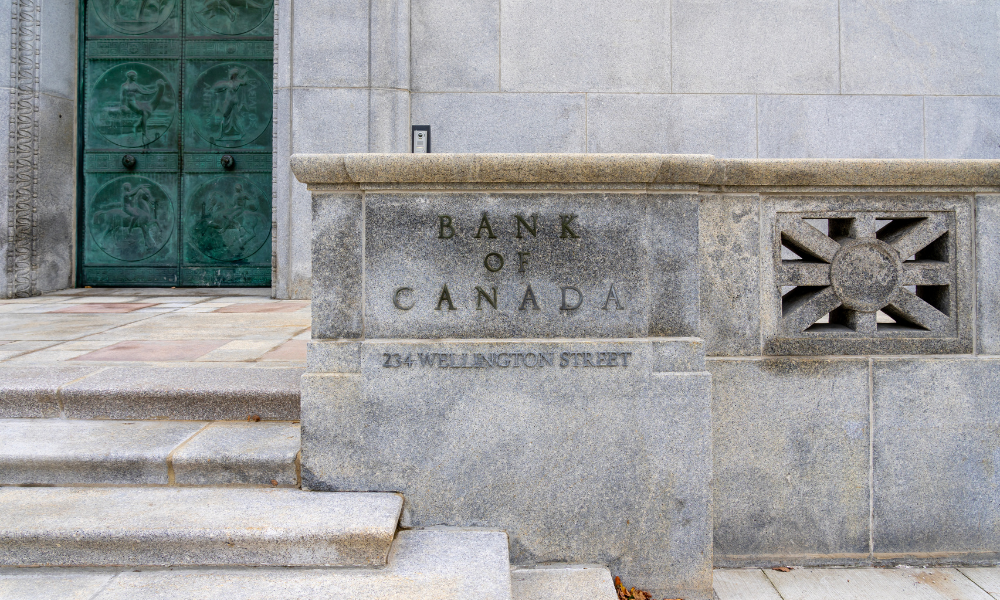Morningstar's Ian Tam on adapting to shifts and why advisors need to stay informed

This article was produced in partnership with Morningstar.
Today’s Canadian financial advisors face the dual challenge of adapting to technological advancements and evolving client expectations. Ian Tam director of investment research at Morningstar Canada, points to issues such as heightened scrutiny from regulations concerning Client Focused Reforms, the rise of semi-automated investment platforms gaining market share, and upcoming transparent reporting initiatives like Total Cost Reporting that aim to highlight the true value of financial advice.
Morningstar underscores the significant impact of high-quality advice on investors, which extends beyond peace of mind to actual financial benefits. Advisors play a critical role in guiding investors through volatile market periods and in the careful selection of investment funds that align with their financial objectives.
The dilemma of automation and surface-level insights
As the financial advisory sector gravitates adopts more automation, advisors will increasingly depend on technology for insights. However, this reliance can overlook the nuanced, individual needs of clients, leading to a gap between the services offered and the actual value delivered.
Tam points out the critical headwinds advisors face, notably the diminishing reliance on commission-based share classes and the impending transparency brought about by total cost reporting, slated for 2027. This transparency is set to highlight the real cost of advice, urging clients to question the value of the services they receive.
He says, “Historically, advisors could thrive on selling commission-based mutual funds. However, with regulations making fees more transparent, investors, especially millennials and Gen Z, are becoming more discerning. They're privy to how things work and are not afraid to question the value they receive for the fees they pay.”
This increased scrutiny means advisors must go beyond just selling funds; they need to demonstrate their worth unequivocally. “Investors are starting to question if they're getting value for their money. As we move towards more transparent fee reporting, the onus is on advisors to prove their value. It's no longer sufficient to provide an investment proposal based on a comparison of trailing returns ; advisors need to offer deeper insights and personalized advice.”
Tam emphasizes the importance of advisors embracing technology not just for its user-friendly interfaces but for the depth of insights it can provide. As the industry becomes more competitive, the ability to offer valuable information beyond simple fund performance becomes a key differentiator.
The challenge of vertical Integration and the quest for unbiased advice
The Canadian financial landscape's vertical integration poses another challenge. The close ties between banking, asset management, and advisory services create a potential conflict of interest, raising questions about the impartiality of advice. Tam emphasizes the importance of independent insights and research in mitigating perceived conflicts of interest and building trust, especially with younger investors who source their information from a diverse array of channels.
Access to independent insights and research is crucial for financial advisors aiming to strengthen trust and credibility with their clients, especially given the diverse information sources available today. This approach is particularly beneficial in appealing to younger investors, who are known for seeking information beyond traditional banking avenues. By leveraging external, unbiased research, advisors can demonstrate their commitment to providing comprehensive and conflict-free advice.
Focusing on how investment choices align with an individual's financial goals, rather than solely on past performance, fosters more meaningful and holistic advisor-client relationships. This strategy not only enhances the advisor’s value but also deepens client engagement beyond transactional interactions. It shifts the narrative from what has been to what could be, emphasizing a forward-looking, goals-based planning approach.
Understanding the nuances between a fund manager's stated strategy and its actual execution is paramount. Whether a fund is growth-oriented, value-based, or focused on dividends, the key is to verify that it delivers on its promises, providing the intended benefits to the investor.
For instance, is a value fund demonstrating true value characteristics and outperforming its peers over time on a risk-adjusted basis, after fees? What is the average tenure and track record of success of the team managing the portfolio? Answers to these questions, often found through independent research, are vital in selecting the right fund that aligns with the client’s goals and needs, and are the hallmarks of a true “know-your-product” process.
The role of advisors in the next decade
“As an investor deeply concerned about global warming or climate change, finding an advisor who not only understands but actively incorporates my environmental values into my portfolio is crucial,” Tam says, “For example, an advisor who can concretely demonstrate that my investments are aligned with a scenario limiting global temperature rise to 1.5 degrees Celsius is highly valuable to me.
It's even more impressive if the advisor can make adjustments to bring my portfolio in line with a more ambitious target, such as a zero temperature change scenario, despite the inherent challenges.”
Such a proactive stance starkly contrasts with the behavior of advisors who, upon recognizing a client's concern for climate change, might instead try to redirect their interest towards other products available for sale. This behavior reveals a profound disparity in the nature of the advisor-client relationship.
Looking forward ten years ahead, Tam anticipates a reduction in the numbers of advisors. “If I’m looking for someone to just sell me a fund, there’s going to be many different ways to do that.”
With increased transparency, clients will inevitably begin to question the value they receive for their investments, especially when they observe substantial fees and wonder about the benefits derived from such expenses. This scrutiny intensifies the spotlight on the value of financial advice. We hold the view that leveraging independent research leads to improved outcomes, as it provides a long-term perspective on fund performance.
“The value of advice can be immense . It guides investors through turbulent market conditions and emphasizes the significance of financial planning. It helps you get to your financial goal and that is very valuable to the client when it's done properly and tailored to an individuals investment preferences and financial goals,” says Tam.



